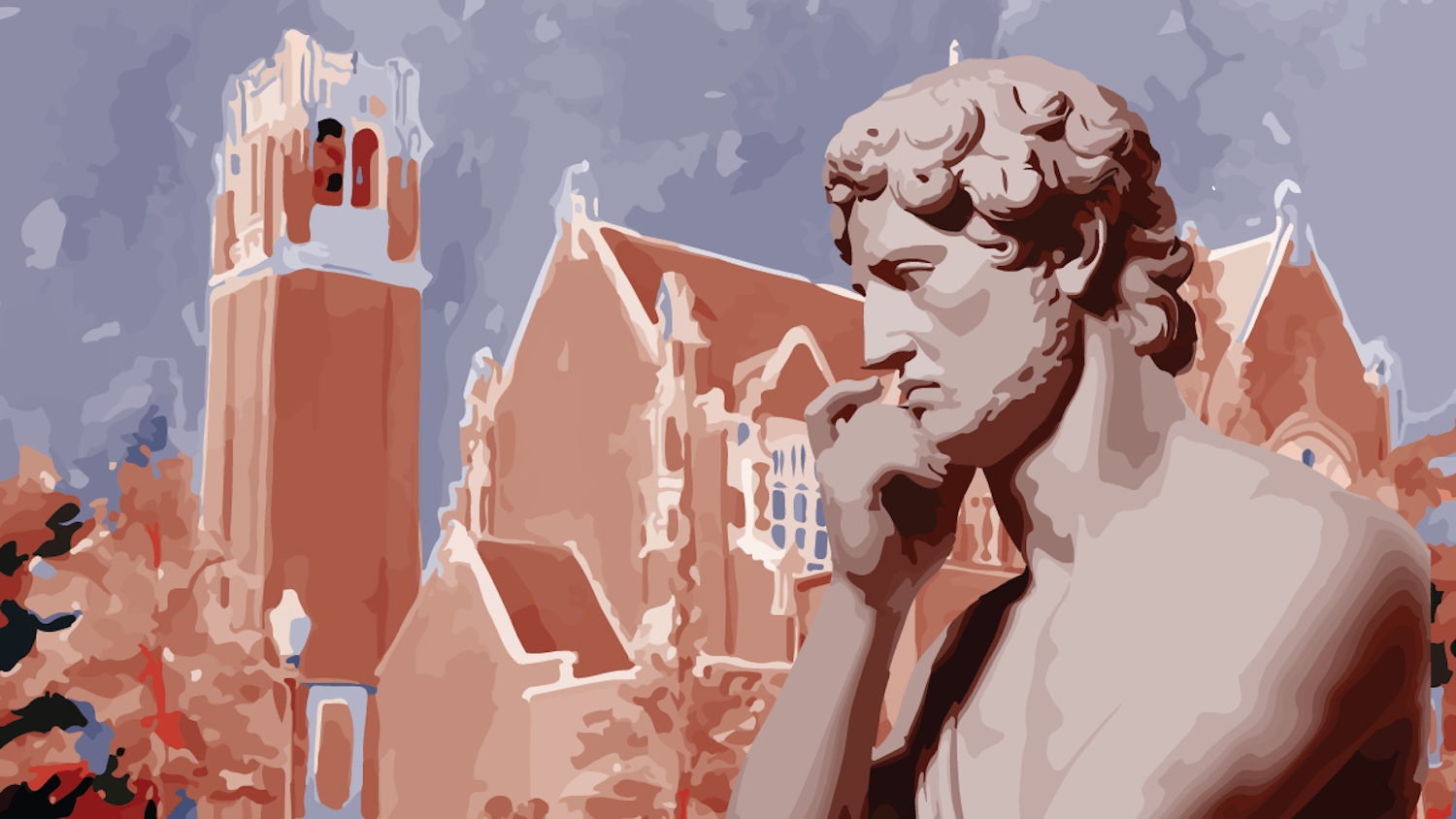We often experience conflict between what laws or legal precedents dictate and what we know to be right and wrong.
Historically, the Supreme Court — in the 1988 case Hazelwood v. Kuhlmeier, for instance — has ruled that high school publications deserve less First Amendment protection than other publications — even college newspapers.
In the Hazelwood case, the court ruled that the principal of Hazelwood East High School could constitutionally censor articles within the school newspaper because the paper was published for school credit and did not constitute a “forum for public expression.”
For someone committed to freedom of speech, this ruling from the court allowing school administrators to censor student speech is disturbing, to say the least.
In the decision, the court also opined that school officials could censor speech “inconsistent with ‘the shared values of a civilized social order.’”
The vagueness this constitutional test presents also has worrisome repercussions. How does one define these “shared values”? Should not the First Amendment also protect unshared values, or the opinions of the minority? Is not the “civilized social order” of the U.S. one of debate and dissenting opinions?
Regardless, legal precedent is against the free-speech interests of high school students, and the consequences of this condition can still be seen.
In Lenoir City, Tenn., school officials recently banned a column by Krystal Meyers, entitled “No Rights: The Life of an Atheist.”
According to the Knoxville News Sentinel, Meyers is “an atheist in a predominantly Christian Student Body.” Meyers wrote her opinion piece in response to what she felt represented unfair and unconstitutional religious practices by teachers and school officials in her community.
Her arguments, in particular that one of her teachers often uses Bible verses as the “Quote of the Day,” carry some merit. But to Lenoir City school officials, her column was a threat that had “the potential for disruption in the school,” according to the News Sentinel.
So, by using their constitutionally valid remedies, school officials banned the school paper from running the column.
This is where the law and right versus wrong are at odds. To allow school officials to trump speech with which they do not agree gives government officials more power than they may realize.
While administrators might cite disruption as a possible consequence of running Meyers’ column, they should realize the educational repercussions of their actions.
From this, students learn that unpopular ideas, namely those of individuals who belong to minority political and religious groups, do not deserve a place in the public debate.
They learn that the totalitarian notion of “censorship in the name of keeping public order” is acceptable. This is not how we should mold the minds of our future.





